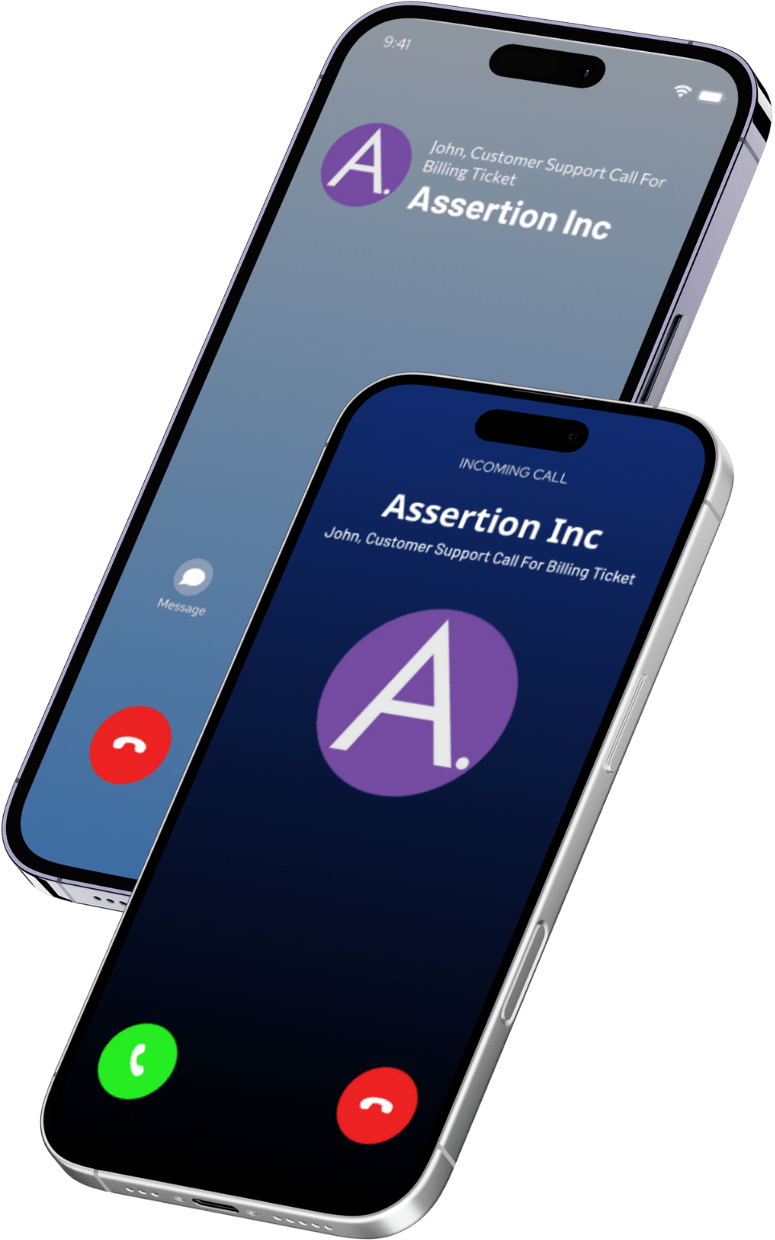If you work with a financial institution in India, the RBI’s directive on mandatory use of 140 and 160 series numbers for telemarketing and service calls has created a new challenge—ensuring that customers actually answer these calls. With rising concerns about spam and fraud, customers are more likely to ignore or block calls from unfamiliar numbers than ever. Many financial businesses worry that their legitimate outreach may get lost amid aggressive spam filtering by telecom providers and third-party anti-spam apps.
This raises a critical question: Can you ensure that customers recognize your brand when receiving a 140 series call while still complying with TCCCPR and regulatory requirements?
Understanding the Problem: 140 Numbers and Spam Tagging
Under the Telecom Commercial Communications Customer Preference Regulations (TCCCPR) and RBI guidelines, all promotional and service-related calls from financial institutions must originate from registered 140 and 160 series numbers. While this aims to regulate spam, it also means that genuine customer communication is at risk of being flagged by spam-detection systems.

Even though these calls are legally compliant, customers often don’t recognize the number, leading them to ignore or mark the calls as spam. If enough customers do this, automated spam-detection tools may start blocking such numbers entirely. Good fun!! How will you resolve this?
The Assertion Solution: Ensuring Recognizability for Your Calls
Financial institutions need a solution that enhances trust and engagement, ensuring that customers pick up their calls. And yes, Assertion Identity Assurance serves that need. By integrating Assertion’s technology within your app, your business can provide customers with a more trustworthy calling experience.
Ummm, before we go on, let’s put in a caveat – the customer you want to call MUST have your app installed. This means it’s ideal for upselling and cross-selling to your current customers.
Once the solution is in place, your customers will see your brand name and the purpose of the call when they receive a call from your 140-series number. This ensures that your outreach isn’t dismissed as spam, improving pickup rates while reinforcing trust in your brand.
Very nicely, the solution ensures that the calls to the customer bypass all the anti-spam apps and OS anti-spam algorithms and ‘Block Unknown Caller’ features, all without customer intervention.
Even nicer, the solution gives customers the capability to reschedule calls as per their convenience, so that they can receive calls when convenient for them.
And the nicest part – when a customer picks up the call, they already know the context (“the purpose of the call”), which means you have many more meaningful conversations!
Regulatory Compliance: Does This Align with TCCCPR and RBI Guidelines?
Time to address the elephant in the room – regulatory compliance! Let’s take them one by one.
TCCCPR Compliance
TCCCPR requires that customer consent for commercial calls be explicitly recorded and stored in the Distributed Ledger Technology (DLT) system. Assertion works within these regulations by ensuring that any calls made to customers have a record of consent, preventing unsolicited outreach.
Additionally, TCCCPR does not prohibit identity verification measures that help customers distinguish legitimate calls from fraudulent ones. Assertion’s approach enhances compliance by ensuring that customers know who is calling and why, reducing the risk of mistaken spam reports.
RBI Compliance
RBI guidelines mandate that all financial institutions use registered 140-series numbers for customer outreach. Assertion does not alter this requirement—it simply enhances the recognizability of these numbers without circumventing the designated numbering framework.
Furthermore, customer protection is a key focus of RBI regulations. By providing customers with clear call identification, Assertion helps financial institutions stay aligned with RBI’s broader intent of ensuring transparent, non-deceptive communication with consumers.
SEBI and IRDAI Compliance
For entities regulated by SEBI (securities) and IRDAI (insurance), compliance extends beyond call origination. These regulators emphasize transparency, fair dealing, and fraud prevention in customer interactions. Assertion aligns with these principles by ensuring that investment firms, brokers, and insurance providers maintain a clear and verifiable communication trail while reducing misidentification of genuine calls.
Why This Matters for Financial Businesses
So, can Assertion Identity Assurance help you improve business while also making sure you are compliant? Short answer: yes.
- Higher Customer Engagement – When customers see your brand name and purpose of the call, they are far more likely to pick up.
- Stronger Fraud Protection – Clear identification reduces the risk of scams by helping customers verify that they are speaking to a legitimate financial institution.
- Regulatory Peace of Mind – Stay fully compliant with TCCCPR, RBI, SEBI, and IRDAI without workarounds that might attract regulatory scrutiny.
- Better Customer Experience – Improve trust in your brand while ensuring that important financial updates reach your customers.
Final Thoughts
As a financial institution, you must balance regulatory compliance with the need to engage customers effectively. While 140-series numbers remain mandatory, Assertion Identity Assurance ensures that these calls are recognized and trusted, rather than ignored or flagged as spam.
If you’re concerned about how RBI’s regulations may impact your customer communication, Assertion provides a compliant, brand-enhancing solution that ensures your outreach remains effective and trustworthy.

